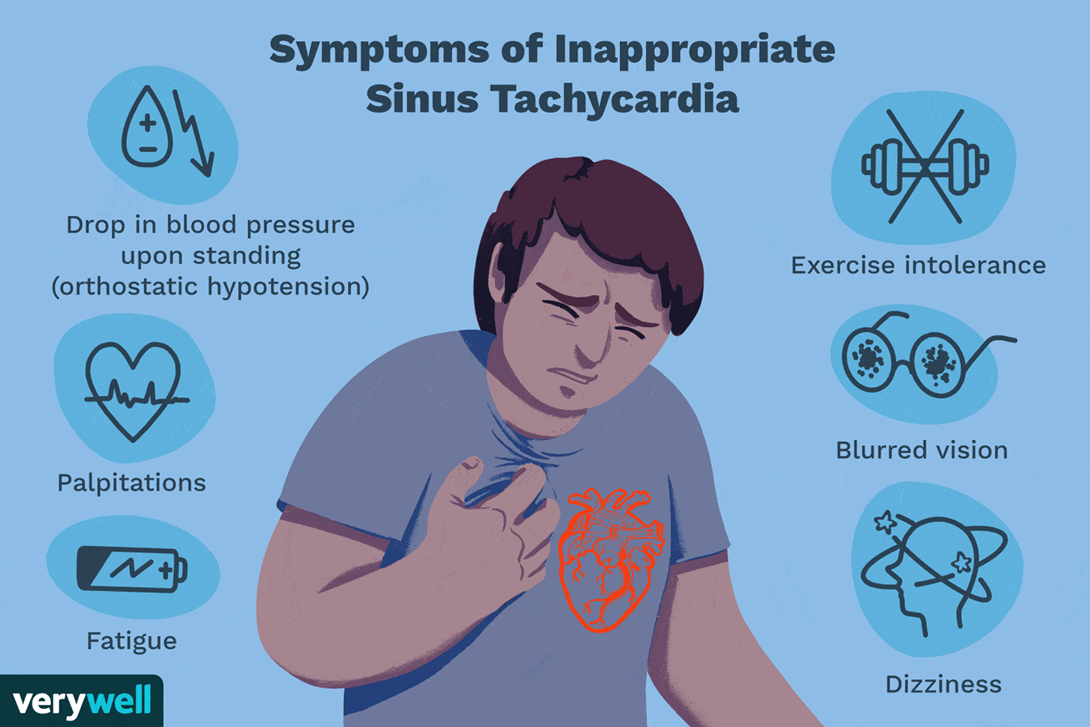A nurse is providing education to a client who has type 1 diabetes mellitus and has been experiencing hypoglycemic episodes. Which of the following statements by the nurse is appropriate?
Keeping supplies on hand to treat hypoglycemic episodes is important.
Increasing exercise can help with hypoglycemia.
Clients with hypoglycemia cannot participate in religious/cultural fasting.
Clients will usually have obvious manifestations of hypoglycemia.
The Correct Answer is A
Choice A reason:
Keeping supplies on hand to treat hypoglycemic episodes is crucial for clients with type 1 diabetes mellitus. Hypoglycemia, or low blood sugar, can occur suddenly and needs immediate treatment to prevent severe complications such as loss of consciousness or seizures. Supplies such as glucose tablets, juice, or candy can quickly raise blood sugar levels. The American Diabetes Association recommends that individuals with diabetes always carry a source of fast-acting carbohydrate to treat hypoglycemia. This proactive approach ensures that clients can manage their condition effectively and reduce the risk of severe hypoglycemic events.
Choice B reason:
Increasing exercise can help with hypoglycemia is not an appropriate statement. While regular exercise is beneficial for managing diabetes overall, it can actually increase the risk of hypoglycemia, especially if not properly managed. Exercise increases insulin sensitivity, which can lower blood glucose levels. Therefore, clients need to monitor their blood sugar levels before, during, and after exercise and adjust their carbohydrate intake or insulin dosage accordingly. Advising increased exercise without proper guidance on managing blood sugar levels can be dangerous for clients with type 1 diabetes.
Choice C reason:
Clients with hypoglycemia cannot participate in religious/cultural fasting is not entirely accurate. While fasting can pose challenges for individuals with diabetes, it is not impossible. Clients can participate in fasting with careful planning and medical supervision. They need to monitor their blood sugar levels more frequently and adjust their medication and food intake accordingly. Healthcare providers can work with clients to develop a plan that allows them to observe their religious or cultural practices safely. Therefore, a blanket statement that clients cannot participate in fasting is not appropriate.
Choice D reason:
Clients will usually have obvious manifestations of hypoglycemia is not always true. Hypoglycemia can present with a variety of symptoms, and not all clients will experience obvious signs. Common symptoms include shakiness, sweating, confusion, and irritability, but some individuals may have hypoglycemia unawareness, where they do not recognize the symptoms until their blood sugar levels are very low. This condition can be particularly dangerous as it increases the risk of severe hypoglycemia. Therefore, it is important for clients to regularly monitor their blood sugar levels rather than relying solely on symptoms.
Nursing Test Bank
Naxlex Comprehensive Predictor Exams
Related Questions
Correct Answer is B
Explanation
Choice A reason: Decreased Body Temperature
Decreased body temperature is not typically associated with hyperthyroidism. In fact, hyperthyroidism often causes an increase in body temperature due to the accelerated metabolic rate. Patients with hyperthyroidism may experience heat intolerance and excessive sweating, but not a decrease in body temperature.
Choice B reason: Tachycardia
Tachycardia, or an abnormally fast heart rate, is a common symptom of hyperthyroidism. The elevated levels of thyroid hormones (T4 and T3) increase the body’s metabolism, leading to an increased heart rate. This can result in palpitations and a feeling of a racing heart, which are characteristic signs of hyperthyroidism. Therefore, tachycardia is the most likely vital sign abnormality in this scenario.
Choice C reason: Hypotension
Hypotension, or low blood pressure, is not typically associated with hyperthyroidism. Instead, hyperthyroidism can sometimes cause an increase in blood pressure due to the heightened metabolic activity and increased cardiac output4. Therefore, hypotension is not a characteristic finding in patients with elevated thyroid hormone levels.
Choice D reason: Slow Respiratory Rate
A slow respiratory rate is not commonly seen in hyperthyroidism. The condition usually leads to an increased respiratory rate due to the body’s heightened metabolic demands. Patients with hyperthyroidism may experience shortness of breath and rapid breathing, but not a slow respiratory rate.

Correct Answer is B
Explanation
Choice A Reason:
Conivaptan hydrochloride is a vasopressin receptor antagonist used to treat hyponatremia associated with SIADH. It works by blocking the action of ADH, thereby promoting water excretion without losing sodium. This medication is appropriate for managing SIADH.
Choice B Reason:
Vasopressin, also known as antidiuretic hormone (ADH), is not appropriate for a patient with SIADH. SIADH is characterized by excessive release of ADH, leading to water retention and hyponatremia. Administering vasopressin would exacerbate the condition by increasing water retention and further lowering sodium levels.
Choice C Reason:
Sodium chloride tablets are used to manage hyponatremia by increasing sodium levels in the blood. This treatment is appropriate for patients with SIADH to help correct the sodium imbalance caused by excessive ADH.
Choice D Reason:
Tolvaptan is another vasopressin receptor antagonist that is used to treat hyponatremia associated with SIADH. It helps to increase serum sodium levels by promoting water excretion while retaining sodium. This medication is suitable for managing SIADH.
Whether you are a student looking to ace your exams or a practicing nurse seeking to enhance your expertise , our nursing education contents will empower you with the confidence and competence to make a difference in the lives of patients and become a respected leader in the healthcare field.
Visit Naxlex, invest in your future and unlock endless possibilities with our unparalleled nursing education contents today
Report Wrong Answer on the Current Question
Do you disagree with the answer? If yes, what is your expected answer? Explain.
Kindly be descriptive with the issue you are facing.
